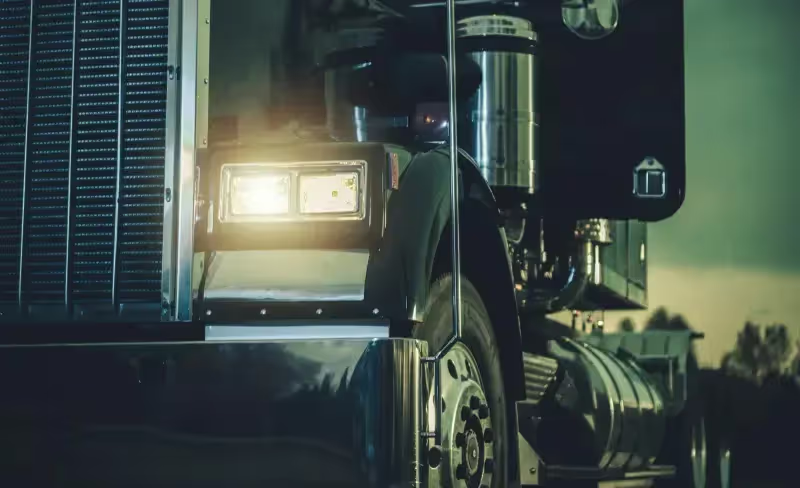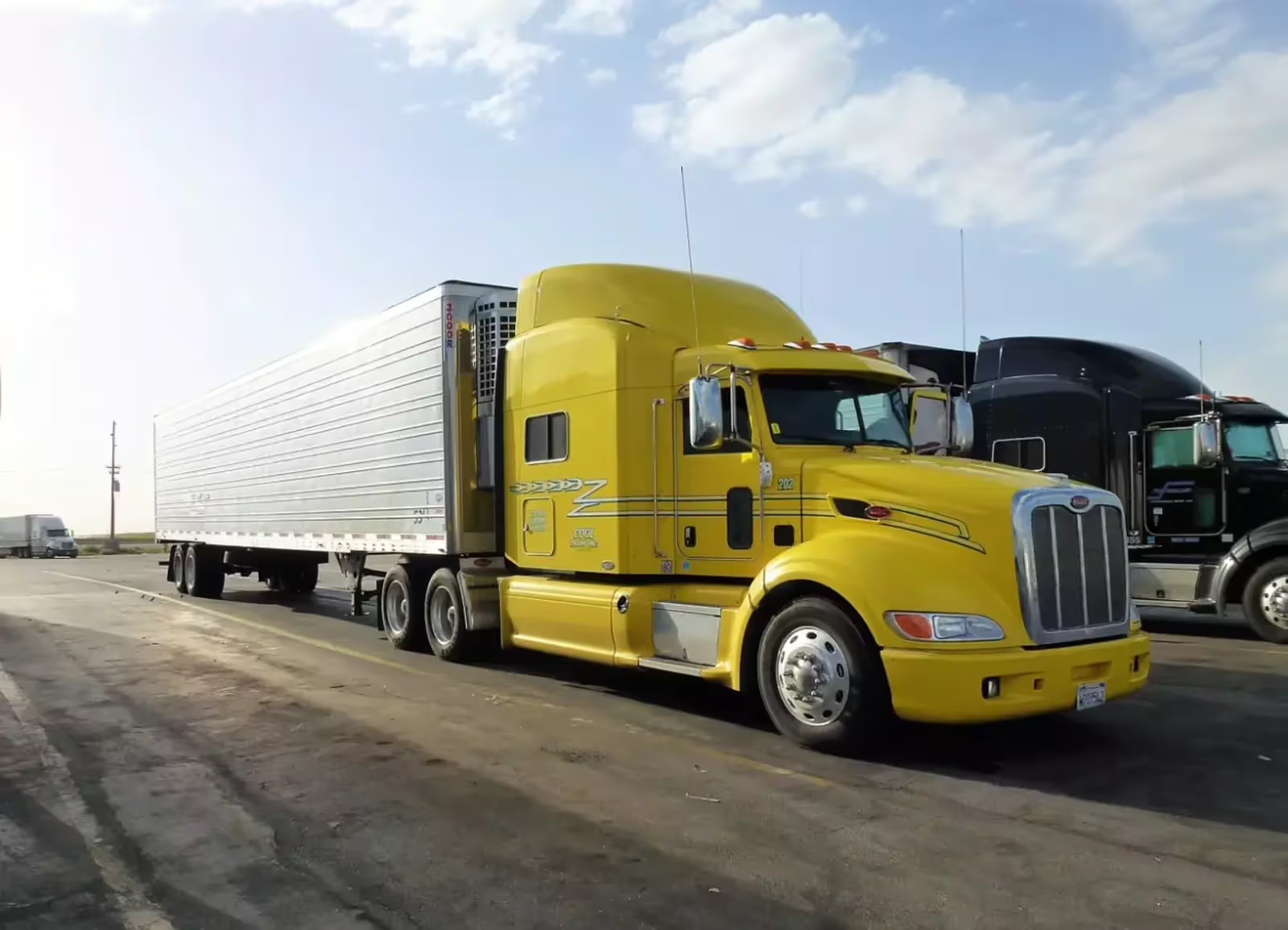Custom Fabrication: How Welding Can Transform Trucks into Specialized Vehicles
Transform trucks into WORKHORSES! Showalter Fleet Services uses welding to create specialized vehicles for construction, agriculture, & more. Learn about types of trucks, applications, & design considerations for ultimate performance & safety. Visit us today!
Custom fabrication offers a pathway to tailor vehicles to specific operational needs. At the heart of this process lies welding—a technique that seamlessly melds metal components to create robust, specialized vehicles.
To learn more about our welding and fabrication services at Showalter Fleet Services, click here!
Types of Trucks
Trucks are the backbone of countless industries, each requiring distinct configurations. Customization can range from simple modifications to complex overhauls, depending on the intended application. Here are some common types of trucks that undergo customization:
- Pickup Trucks: Often modified with utility beds, winches, and racks to enhance versatility for tasks like construction, landscaping, and towing.
- Flatbed Trucks: Customized with stake bodies, lift gates, and tie-down systems, ideal for transporting oversized cargo and equipment in construction, agriculture, and logistics.
- Utility Trucks: Equipped with specialized compartments and equipment for utilities maintenance, telecommunications, and municipal services.
- Emergency Response Vehicles: Customized with emergency lighting, sirens, and storage solutions to support firefighting, law enforcement, and medical services.
Applications of Specialized Vehicles
Specialized vehicles find indispensable utility across various industries. Some notable applications include:
- Construction: Customized trucks are pivotal in construction projects, transporting heavy machinery, materials, and personnel to job sites with precision and efficiency.
- Agriculture: From hauling produce to powering irrigation systems, customized trucks streamline agricultural processes, enabling farmers to optimize yield and reduce operational costs.
- Transportation: Specialized vehicles are integral to the logistics and transportation sector, facilitating the swift and secure movement of goods across vast distances.
- Emergency Services: Customized emergency response vehicles are lifelines during crises, providing rapid assistance and ensuring public safety in times of need.
Customization Techniques
Custom fabrication entails many welding techniques and methods, each tailored to achieve specific outcomes. Here's a glimpse into the techniques utilized in transforming trucks into specialized vehicles:
- Cutting: Precision cutting tools such as plasma cutters and laser cutters are employed to shape metal components with accuracy, allowing for seamless integration of customized features.
- Welding: Various welding processes, including MIG (Metal Inert Gas), TIG (Tungsten Inert Gas), and stick welding, are utilized to join metal components securely, ensuring structural integrity and durability.
- Bending: Hydraulic presses and brake presses are utilized to bend metal sheets and tubes into desired shapes, facilitating the creation of custom bodywork and structural elements.
- Shaping: Advanced fabrication techniques such as hydroforming and stamping are employed to shape metal components with precision, enabling the realization of intricate designs and contours.
Design Considerations
Designing specialized vehicles entails a multifaceted approach that goes beyond mere aesthetics, focusing on enhancing performance, durability, and safety. Here, we delve deeper into the critical design considerations that underpin the transformation of trucks into specialized assets:
Payload Capacity Optimization
Payload capacity is a cornerstone consideration in the design process, directly impacting the vehicle's ability to transport goods and equipment efficiently. Achieving optimal payload capacity involves meticulous analysis of the vehicle's frame, suspension, and structural integrity. Advanced engineering techniques, such as finite element analysis (FEA), are leveraged to simulate stress loads and ensure that the vehicle can withstand the rigors of heavy-duty use without compromising safety or performance. Additionally, strategically placing load-bearing components and reinforcing critical structural elements further enhance the vehicle's payload capacity, enabling it to carry sizable loads with confidence and stability.
Durability and Resilience
Selecting materials and fabrication techniques that impart resilience to the vehicle is paramount to its long-term viability in demanding operating environments. Some of the preferred choices for materials include:
- High-strength steel alloys
- Aluminum alloys
- Composite materials
These offer a perfect balance of strength, weight savings, and corrosion resistance. Advanced fabrication methods, such as robotic welding and friction stir welding, ensure precise assembly and weld integrity, resulting in structures that can withstand the stresses of daily operation and adverse environmental conditions. Specialized surface treatments and coatings are applied to enhance resistance to corrosion, abrasion, and chemical exposure, prolonging the vehicle's service life and minimizing maintenance requirements.
Maneuverability Enhancement
Achieving maneuverability ensures specialized vehicles can easily navigate diverse operating environments. This involves striking a delicate balance between:
- Size
- Weight distribution
- Handling characteristics
Innovative design features, such as articulated steering mechanisms, adaptive suspension systems, and electronic stability control, are integrated to enhance the vehicle's responsiveness and agility, enabling precise control in tight spaces and challenging terrain. Additionally, aerodynamic enhancements and ergonomic cabin layouts reduce driver fatigue and enhance overall operational efficiency.
Integrated Safety Solutions
Integrating safety features is paramount to mitigating risks and safeguarding occupants during vehicle operation. This approach addresses active and passive safety measures, ranging from advanced driver assistance systems (ADAS) to structural reinforcements and occupant protection features. Reinforced roll cages, impact-resistant bumpers, and crush zones are incorporated into the vehicle's design to absorb and dissipate energy in the event of a collision, minimizing the risk of injury to occupants. Furthermore, advanced braking systems, including anti-lock braking systems (ABS) and electronic brake-force distribution (EBD), enhance stopping power and stability, reducing the likelihood of accidents in various driving conditions. Additionally, active safety technologies such as lane departure warning systems, blind-spot monitoring, and collision avoidance systems provide real-time alerts and interventions to help prevent accidents and enhance driver awareness on the road.
Final Thoughts
By leveraging cutting-edge techniques and design considerations, fleet managers and truck owner-operators can unlock new dimensions of efficiency, reliability, and versatility in their operations. Embracing the possibilities of custom fabrication is an investment in equipment and a strategic imperative for driving innovation.
More Industry Articles

Understanding Trailer Electrical Issues
Trailer electrical issues like dim lights, dead power, or faulty brakes stem from bad grounds, wiring damage, or blown fuses. Regular checks prevent failures on the road.

Common Brake Problems in Heavy-Duty Trucks and How to Fix Them
Heavy-duty truck brakes require vigilance. Common issues include air leaks, overheating, and slack adjuster failure. Address early signs like pulling or unusual noises to avoid costly repairs. Regular inspections, component replacements, and prompt fixes ensure safety and optimal performance.

Analytics for Optimal Fleet Management
Fleet analytics optimize fleet operations by transforming raw data into actionable insights. Track metrics like fuel efficiency, maintenance schedules, and driver behavior to reduce costs, improve safety, and extend vehicle lifespan. Implement telematics for real-time data integration and maximize fleet performance.

